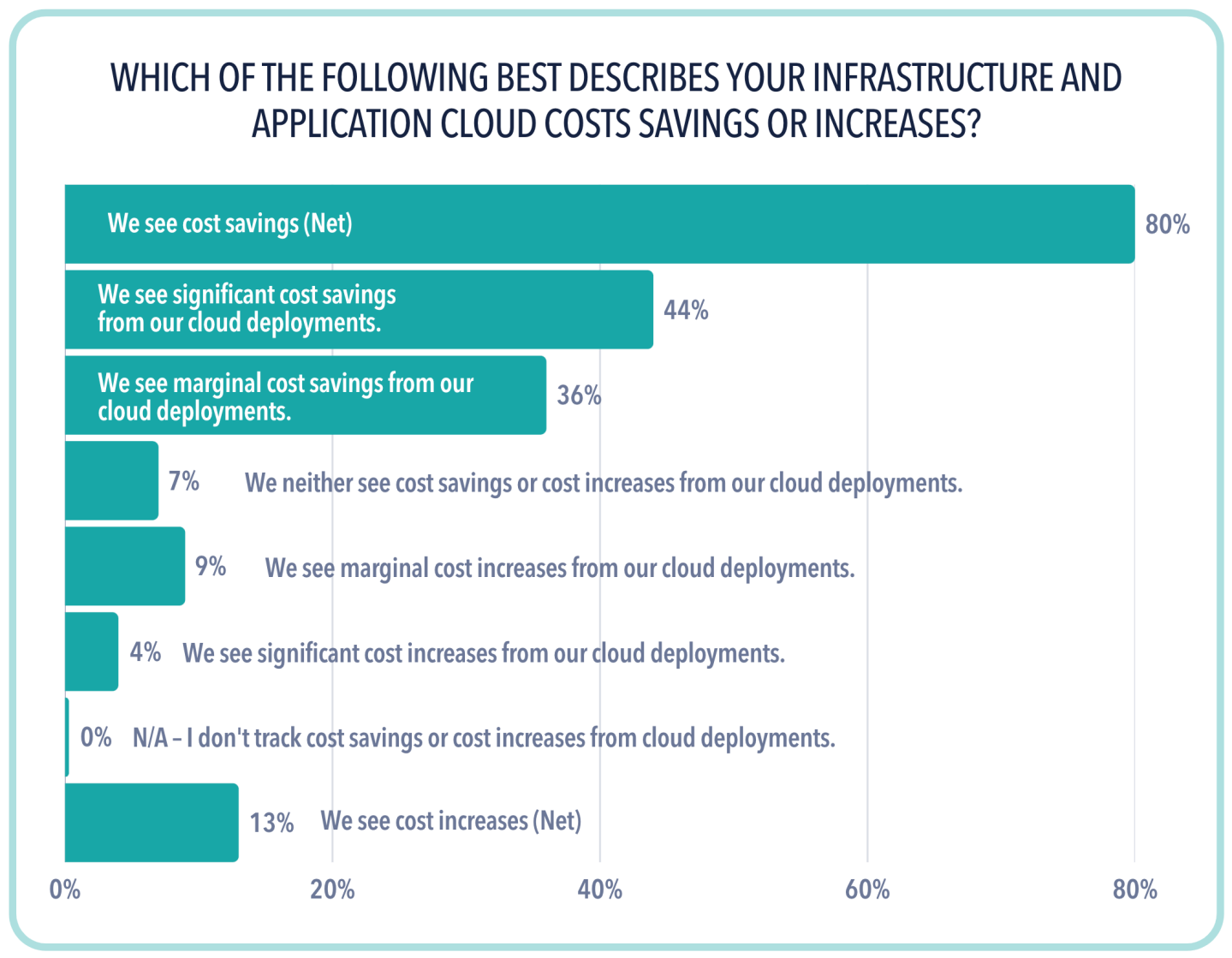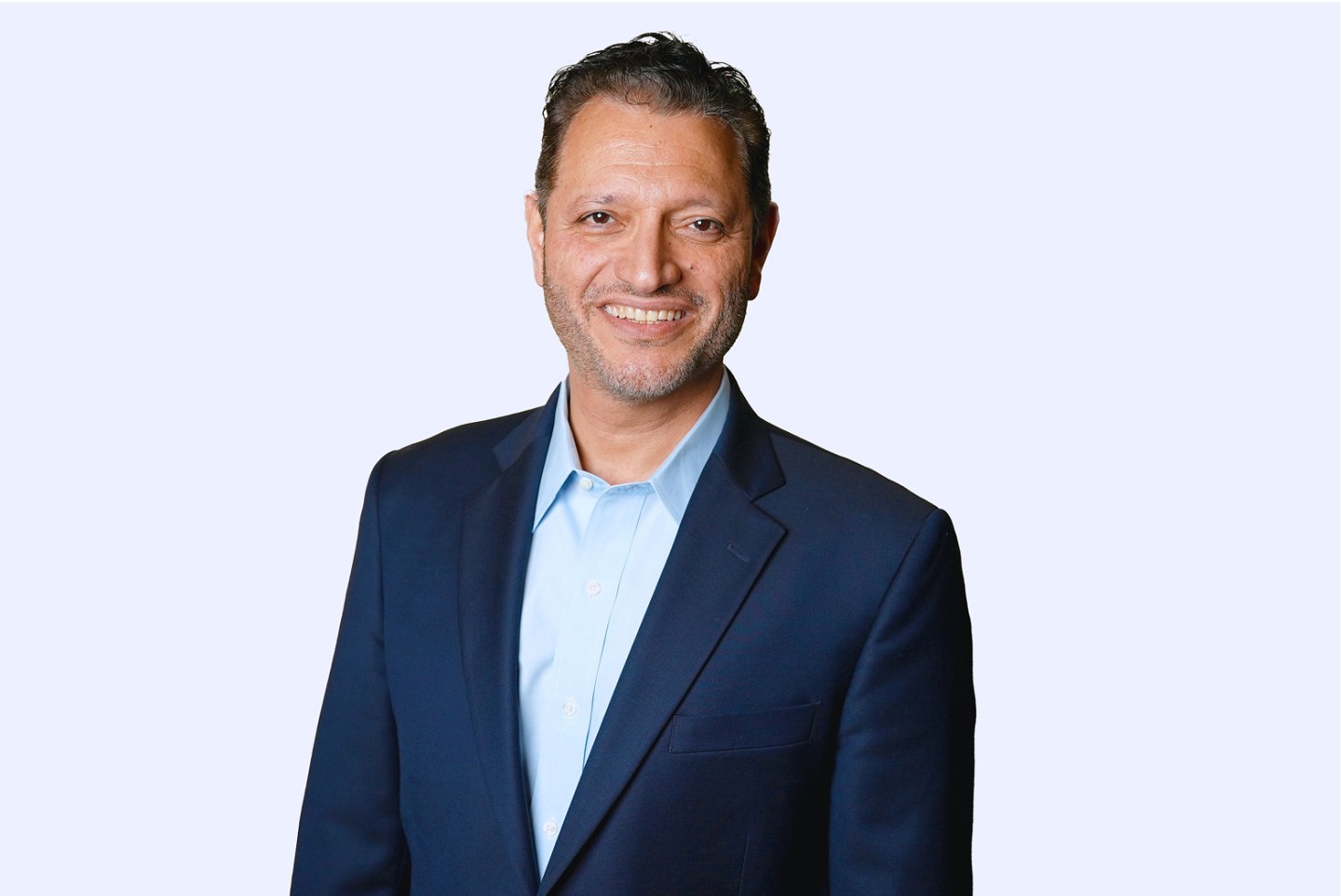Jamshed Patel is less than 90 days into his tenure as chief technology officer at Ministry Brands, a software maker that serves more than 90,000 churches and nonprofits. But his mission is clear: Invest more in artificial intelligence.
Patel intends to rely on a mix of generative and traditional AI to speed up software development, help produce sales and marketing materials, and make it easier for the company’s nonprofit clients to pull in donations.
“This technology has the ability to help our client organizations expand their reach and radically increase engagement,” says Patel, who was previously a vice president at several organizations including security provider Alert Enterprise, HR software maker Workday, and management services company ADP.
Ministry Brands helps manage $6.5 billion in charitable giving annually. To get to that scale, the company has beefed up its internal product development with acquisitions. It has scooped up church management software makers like WeGather and ParishSOFT, online donation platforms like WeShare and easyTithe, and compliance and background screening tools like Protect My Ministry. Today, Ministry Brands offers a portfolio of technology that helps with accounting, conducting background checks on volunteers, and donor outreach.
“We have acquired a lot of different companies and a lot of this software is very complex,” says Patel. “We wouldn’t want to spend hundreds of millions of dollars upgrading our product stack constantly.”
Ministry Brands has been investing in AI to accelerate its software development, including using AI tools to automate coding and analysis, detect security vulnerabilities, and generate technical documentation. A mix of traditional and generative AI is also used to sift through feedback from the tens of thousands of independent faith-based organizations Ministry Brands serves and then distill those insights to future product updates.
The company has also deployed an internal AI chatbot for the customer support team to make it easier to comb through internal information to better answer client questions.
In addition to bringing in more AI, Patel was hired to spearhead the development of Ministry Brand’s first-ever external, subscription-based offering of generative AI, which isn’t yet available. Its features could include automating back-office tasks like accounting, generating first drafts of marketing materials to send to parishioners, and creating a more data-driven, targeted outreach plan to nonprofit donors.
One area of focus at Ministry Brands ahead of Patel joining has been on new ways for donors to make recurring, automated monthly contributions through their mobile devices. For example, last year, Ministry Brands added Apple Pay and Venmo for church giving. The company says 42% of all giving at churches in Ministry Brands’ database come from digital methods including web, direct bank transfers, text-to-give, and cryptocurrency.
Patel says more churches should set themselves up for mobile giving, especially if they want to boost donations from younger adults. Only 16% of 1,126 church leaders surveyed by Ministry Brands saw an increase in giving from those between the ages of 18 to 29 in 2024 from a year earlier, versus a 34% increase from donors above 30. “For the younger generation, having the ability to reach them through mobile is critically important,” says Patel.
In the future, he theorizes that large language models could be trained on the Bible and other religious texts to develop a generative AI query tool that could help a religious leader prepare for a service. But Ministry Brands draws the line at creating and selling tools that would write for priests and pastors.
“You don’t want that to be generated by some AI and just delivered,” says Patel. “That has to come from the heart.”
John Kell
Send thoughts or suggestions to CIO Intelligence here.
NEWS PACKETS
New AI models debut from DeepSeek, OpenAI. New AI models debuting in recent days from China-based companies include DeepSeek’s updated V3 model, which is said to deliver better programming capabilities. Meanwhile, Baidu released two new models, which lifted the Chinese tech giant's shares by nearly 9% as investors responded favorably to the product announcement. Baidu says its ERNIE X1 reasoning model delivers performance “on par with DeepSeek R1 at only half the price,” CNBC reports. Stateside, OpenAI unveiled new voice AI models that can be customized to change accent, pitch, tone, and other vocal qualities, including conveying emotion.
23andMe’s bankruptcy filing raises questions about data security. After the genetic testing company filed for bankruptcy protection over the weekend, there is uncertainty about the troves of genetic data that it holds. California Attorney General Rob Bonta has urged 23andMe users to ask the company to delete their data and destroy any samples of their genetic material, adding that the state has privacy laws that let consumers control the use of their data. (Fortune has published a how-to guide on how to do that). 23andMe, meanwhile, says the Chapter 11 filing doesn’t change “how we store, manage, or protect customer data.”
Investments in data centers surges 51% in 2024. Capital expenditures on data centers totaled $455 billion last year, according to research published by Dell’Oro Group, which projects an additional 30% increase in spending in 2025 as cloud hyperscalers AWS, Microsoft, and Google go on spending sprees to support demand for AI services. At this current growth rate, Dell’Oro predicts capital expenditures will surpass $1 trillion annually by 2029. But Alibaba chairman Joe Tsai warned of a possible bubble, saying some were investing “ahead of the demand that they’re seeing today.” This view aligns with one compelling thesis that’s emerged on Wall Street that more AI computing capacity is being generated versus what’s needed in the long term.
OpenAI expands COO’s role, announces two executive promotions. ChatGPT developer OpenAI on Monday announced that the role of chief operating officer Brad Lightcap is expanding to include the company’s business strategy, key partnerships, and day-to-day operations. The move will allow CEO Sam Altman to focus more on steering research and product efforts, according to Bloomberg. Two other executives, Mark Chen and Julia Villagra, were promoted to chief research officer and chief people officer, respectively. As previously reported, the outlet reported OpenAI does not intend to hire a replacement for former CTO Mira Murati, who announced her resignation in September.
ADOPTION CURVE
CIOs, C-suite hones in on cloud spending amid AI's rise. With global spending on cloud expected to increase more than 21% to exceed $700 billion in 2025 from last year, and as organizations push more dollars into AI investments, C-suite leaders are starting to pay attention to the rising expense line. Roughly two out of every five chief information officers say their CEOs or boards have raised concerns about cloud spending, according to a survey of 300 CIOs by market researcher Censuswide and backed by enterprise software company Azul Systems.
A little over half (56%) of CIOs say leadership supports current spending levels on cloud and would approve further increases. But 27% would require “favorable” market conditions to expand their cloud footprint, 9% say they’re unwilling to approve more cloud capital expenditures, and 5% have advocated for a reduction of cloud spending or the use of on-premise solutions.
Scott Sellers, CEO of Azul, says the rise of AI is a complicating factor as executives scrutinize the significant spending on cloud and other budget lines, including head count. “Because you’re having to make such speculative investments in AI, it’s forcing companies to look that much more carefully at the rest of their spend,” Sellers tells Fortune.

JOBS RADAR
Hiring:
- New Mexico Department of Cultural Affairs seeks a CIO, based in Santa Fe, N.M. Posted salary range: $145K-$150K/year.
- Ionis Pharmaceuticals is seeking an executive director of IT compliance, based in Carlsbad, Calif.. Posted salary range: $201K-$268.1K/year.
- Material is seeking a CIO, based in either New York City or Los Angeles. Posted salary range: $215K-$350K/year.
- Salesforce is seeking a VP, CIO go-to-market industry lead, based in Boston. Posted salary range: $273K-$401.7K/year.
Hired:
- Revlon named Ralph Marshall as chief information and digital officer, joining the cosmetics and personal care company effective April 1 and reporting directly to CEO Michelle Peluso. Marshall was most recently CTO at U.K.-based theme park operator Merlin Entertainments and also held leadership roles at Starbucks, Nando’s, and McDonald’s.
- BNP Paribas promoted Marc Camus to CIO of the French banking giant, effective April 1, after previously serving as CIO of the Belgium-based subsidiary BNP Paribas Fortis. In his new role, Camus will join BNP Paribas’ executive committee and oversee IT system security and deploy technologies such as AI and cloud to improve the customer banking experience.
- Bankwell Bank announced the appointment of Brian Merritt as CTO. He joins the Connecticut-based regional bank after previously serving as SVP and head of product at financial services company Cross River and CEO of online bank Seed, which was acquired by Cross River in 2019.
- Linx Security named Sarit Reiner Frumkes as CTO to oversee the security startup’s technology strategy, product innovation, and research initiatives. Prior to joining Linx, Frumkes was CTO of fintech Payoneer. She was also previously in the cyber division of the Israeli prime minister’s office for more than two decades and was VP of product and engineering at Microsoft.
- LegalZoom.com appointed Pratik Savai as CTO, where he will spearhead the online legal technology company’s platform and utilize emerging technologies like generative AI. Savai was most recently CTO of digital health record and billing software company Elation Health and led several tech and product groups at workforce software provider Cornerstone OnDemand.
- SoundHound AI named Shawnna DelHierro as SVP and CIO, joining the voice AI company to oversee IT operations and infrastructure, cloud engineering, cybersecurity, and more. DelHierro was previously a consultant for SoundHound and prior to that work, held CIO, CTO, and advisory roles at eye health company VSP Vision, retailer Sportsman’s Warehouse, and various private equity firms.
- ShipIn Systems appointed Daniela Krispin as CTO, where she will steer the future development of the company’s flagship FleetVision product, an AI-powered visual fleet management tool for the maritime industry. Krispin was previously VP of research and development at Israel-based software developers including Novidea and Augury.
- TridentCare named Kyle Seiter as CIO to focus on developing the IT strategy and reducing the time it takes to launch client-facing technologies. Prior to joining the portable diagnostics services company, Seiter was CIO and CTO for hospital-at-home provider Medically Home.
- MicroVision announced Glen W. DeVos as CTO, overseeing the automotive sensor manufacturer’s global engineering and product strategy. Since 1992, DeVos held various leadership roles at automotive technology supplier Aptiv and its predecessor Delphi Automotive, including as Aptiv’s CTO.
- OP announced Vijay Chemuturi as CTO, joining the technology consulting firm from Toyota, where he was most recently executive director and chief technology strategist. At OP, Chemuturi will oversee the advancement of proprietary AI offerings, including AI assistant OranGPT.












